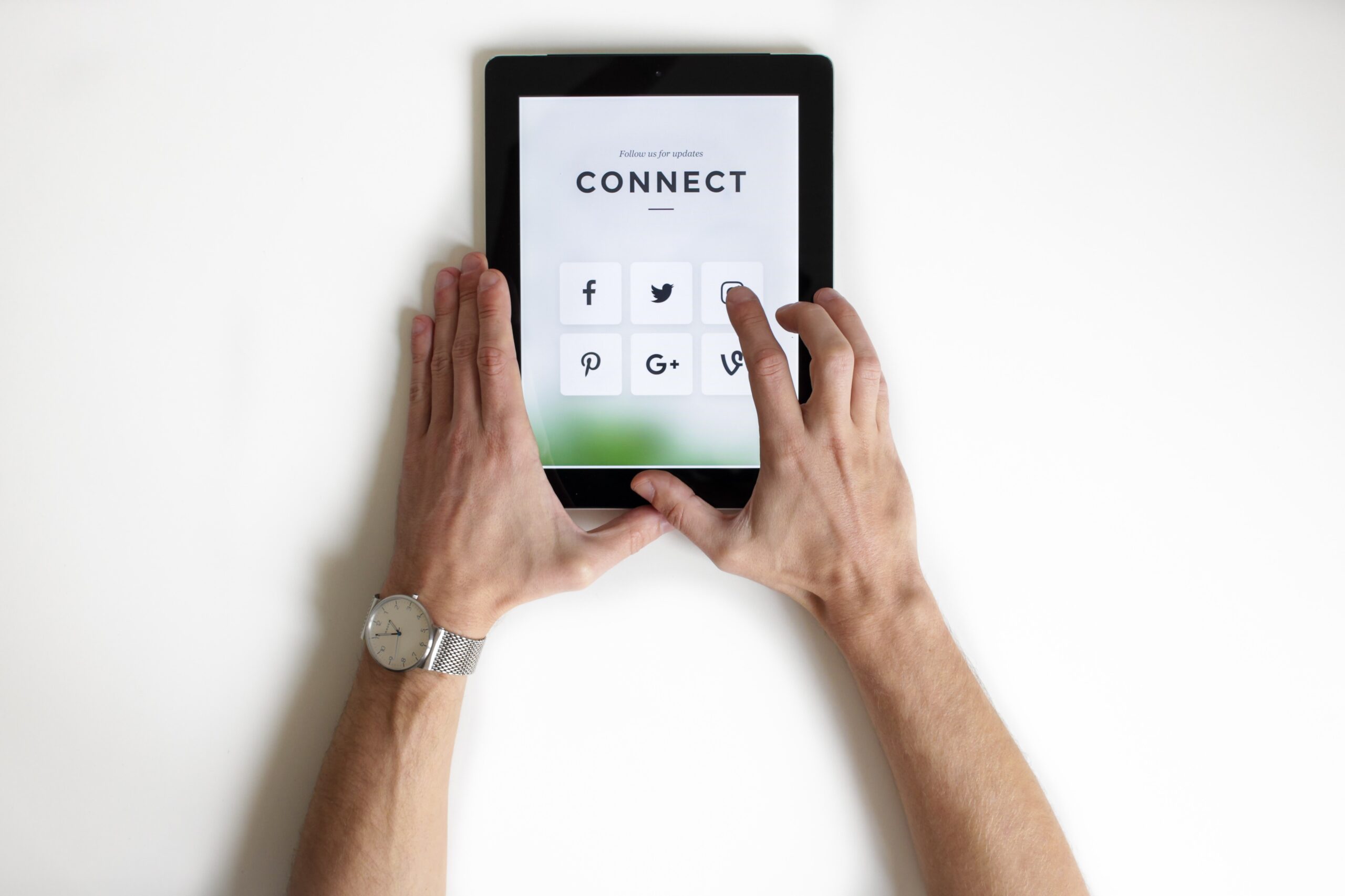Contents
ToggleIntegral parts of social media content including the merits and demerits ought to be known by the majority
Social media content refers to the information, images, videos, and other forms of media that are shared on social media platforms.
These platforms include popular sites such as Facebook, Twitter, Instagram, and LinkedIn, as well as more specialized platforms such as TikTok and Reddit.
Social media has become an integral part of modern life, with billions of people around the world using these platforms to connect with friends, family, and colleagues, as well as to share information, news, and entertainment.
As a result, the content that is shared on social media has a huge impact on how people perceive the world and themselves, and can even shape public opinion and political discourse.
One of the key features of social media content is its immediacy. Unlike traditional forms of media, such as newspapers and television, which are typically produced by professional journalists and editors, social media allows anyone with an internet connection to share their thoughts, opinions, and experiences with the world.
This has led to a proliferation of diverse and often unedited content, ranging from thoughtful and informative articles to fake news and misinformation.
Another important aspect of social media content is its ability to go viral. With the click of a button, a post or video can be shared with thousands or even millions of people, potentially reaching a global audience within hours.
This can be incredibly powerful for individuals or organizations looking to spread a message or gain attention, but it can also be dangerous, as false or misleading information can quickly gain traction and cause harm.
Despite the potential drawbacks, social media content also has many positive effects. It allows people to connect with others who share their interests and experiences, and can provide a sense of community and support.
It also gives a voice to marginalized or underrepresented groups, and can help raise awareness of important issues and events. In addition, social media can be a valuable source of information, providing access to news and perspectives from around the world.
Social media content refers to the information, images, videos, and other forms of media that are shared on social media platforms. These platforms include popular sites such as Facebook, Twitter, Instagram, and LinkedIn, as well as more specialized platforms such as TikTok and Reddit.
Social media has become an integral part of modern life, with billions of people around the world using these platforms to connect with friends, family, and colleagues, as well as to share information, news, and entertainment.
As a result, the content that is shared on social media has a huge impact on how people perceive the world and themselves, and can even shape public opinion and political discourse.
One of the key features of social media content is its immediacy.
Unlike traditional forms of media, such as newspapers and television, which are typically produced by professional journalists and editors, social media allows anyone with an internet connection to share their thoughts, opinions, and experiences with the world.
This has led to a proliferation of diverse and often unedited content, ranging from thoughtful and informative articles to fake news and misinformation.
Another important aspect of social media content is its ability to go viral. With the click of a button, a post or video can be shared with thousands or even millions of people, potentially reaching a global audience within hours.
This can be incredibly powerful for individuals or organizations looking to spread a message or gain attention, but it can also be dangerous, as false or misleading information can quickly gain traction and cause harm.
Despite the potential drawbacks, social media content also has many positive effects. It allows people to connect with others who share their interests and experiences, and can provide a sense of community and support.
It also gives a voice to marginalized or underrepresented groups, and can help raise awareness of important issues and events. In addition, social media can be a valuable source of information, providing access to news and perspectives from around the world.
However, it is important for individuals to be critical of the content they encounter on social media. Not everything that is shared on these platforms is true or accurate, and it is important to verify information before sharing it with others.
In addition, it is important to remember that social media is a public forum, and that anything that is posted can be seen by anyone. As a result, it is important to be thoughtful and respectful in what is shared, and to be mindful of the potential impact on others.
In conclusion, social media content has the power to shape public opinion, connect people, and provide access to information. However, it is important for individuals to be critical of the content they encounter and to be mindful of the potential impact of what they share.
By being responsible users of social media, we can help ensure that these platforms are used for good and are a positive force in our lives and in the world.

Negative Effects of social media content
With anyone able to share their thoughts and opinions on social media, it is easy for false or misleading information to gain traction and spread quickly.
This can have serious consequences, such as influencing public opinion and political decisions, or even causing harm to individuals or groups.
Another negative effect of social media content is the potential for cyberbullying and harassment. With the anonymity and distance provided by the internet, it is easy for individuals to say or do things on social media that they would not do in person.
This can lead to online bullying and harassment, which can have devastating effects on the mental health and well-being of victims.
In addition, social media content can also have negative effects on personal relationships. With people spending more and more time on these platforms, they may be less present and engaged in their offline relationships.
This can lead to feelings of isolation and disconnection from others, and can even cause damage to important personal connections.
Furthermore, the constant stream of content on social media can be overwhelming and exhausting for many people.
With the pressure to always be online and engaged, and to present a carefully curated image of themselves to the world, many people feel overwhelmed and burnt out by their social media use.
This can lead to feelings of inadequacy and anxiety, and can even have negative effects on mental health.
Another negative effect of social media content is the impact it can have on body image and self-esteem. With the constant barrage of images of seemingly perfect lives and bodies, many people can develop unrealistic expectations and feelings of inadequacy.
This can lead to negative body image, eating disorders, and other mental health issues.
Furthermore, social media can also have negative effects on society as a whole. With people spending more and more time online, they may be less engaged with their local communities and the real world.
This can lead to a loss of connection and a sense of disconnection from society, as well as a decline in real-world social interactions and relationships.
Moreover, it is important for individuals to be critical of the content they encounter on social media.
Not everything that is shared on these platforms is true or accurate, and it is important to verify information before sharing it with others.
In addition, it is important to remember that social media is a public forum, and that anything that is posted can be seen by anyone.
As a result, it is important to be thoughtful and respectful in what is shared, and to be mindful of the potential impact on others.
In conclusion, while social media content can have many positive effects, it also has the potential to cause harm to individuals and society.
It is important for individuals to be aware of the negative effects of social media, and to use these platforms responsibly and mindfully.
By being thoughtful and critical of the content we encounter and share on social media, we can help to mitigate some of the negative effects and ensure that these platforms are used for good.








